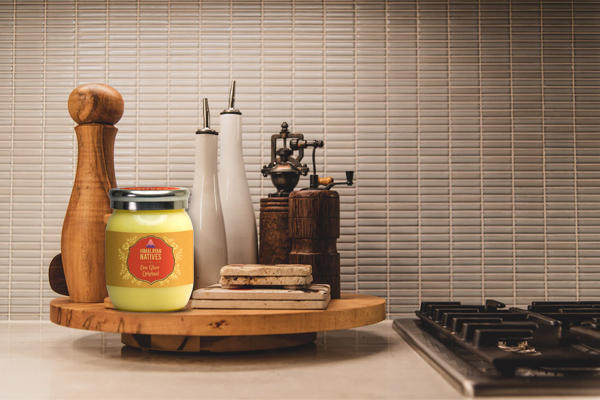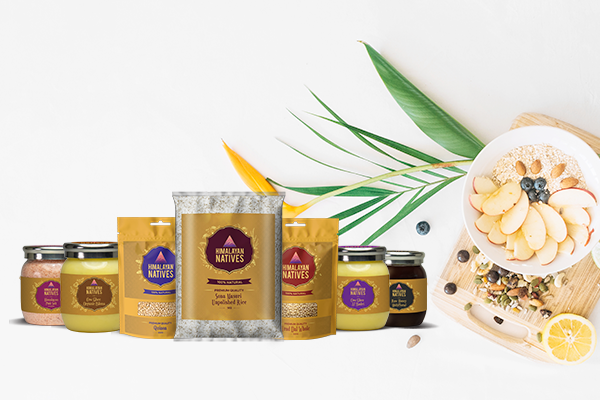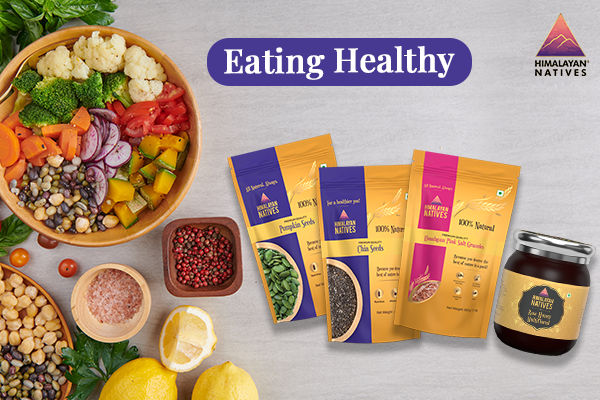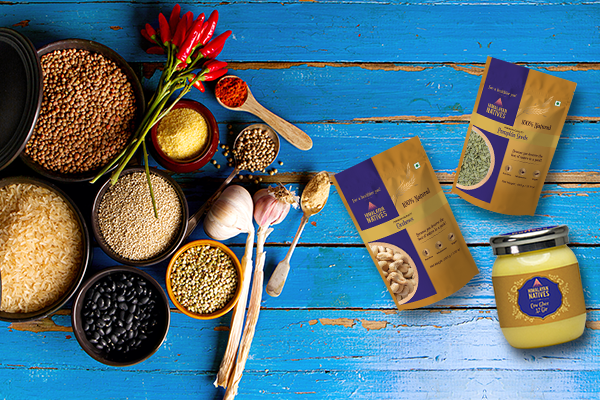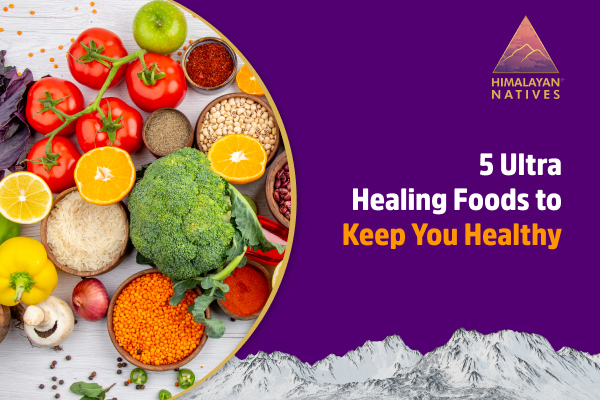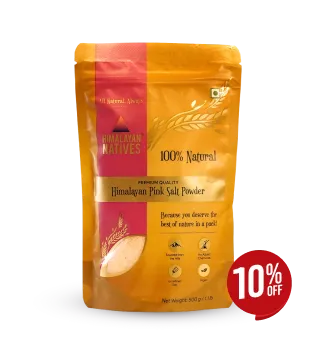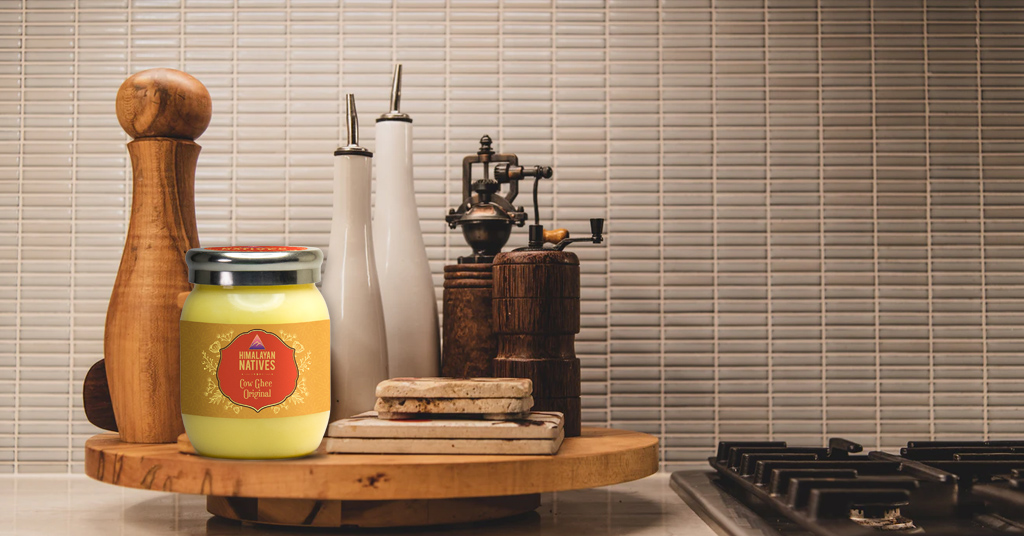
Ghee, oil, and butter have always been widely used in Indian households to prepare a variety of delicious dishes. They impart different tastes and flavors. Indian cooking involves a variety of oils like mustard oil, olive oil, refined oil, ghee, etc that are found in the markets in both refined and unrefined form.
Ghee is commonly referred to as clarified butter and is a common traditional dietary source of fat that is generally used in household cooking. It can be prepared at home by heating butter till it boils and yields ghee. Refined oils are vegetable oils like mustard, sunflower, canola, and other oils which are really popular as cooking mediums. These refined oils undergo chemical processing to get rid of the strong odor and taste, as well as toxins present in the original oil. For instance, unrefined mustard oil has a characteristic pungent smell, taste, and yellow color, but refined mustard oil does not consist of that once it’s refined. Refined mustard oil has a white tinge and no rancid mustard taste.
With growing attention towards health and nutrition, people are becoming conscious about the quantity and quality of fat that should be consumed and what ingredients should be used for cooking everyday meals. Both ghee and refined oils have different usages when it comes to cooking savory dishes which may have either a positive or negative effect on health.
Let’s take a look at some of the differences between ghee and refined oils to determine which is better:
Ghee or Clarified butter
- Those with dairy sensitivities can tolerate ghee better as it’s quite low in casein, the main protein found in milk. It also has almost zero to minimal amounts of lactose, thereby, making it better suitable for people with lactose intolerance.
- Unlike refined oils, ghee is also rich in butyrate, a short-chain fatty acid that can decrease inflammation and help improve digestive issues.
- Ghee can be eaten raw or individually and has a nutty taste along with being wholesome, unlike refined oils. This also makes it ideal for adding it as a topping for foods like rice, veggies, and bread.
- Fat-soluble vitamins like A, D, E, and K are also found in high amounts in ghee.
- One tablespoon of pure ghee can provide about 15% of your daily requirements of vitamin A.
- Ghee is rich in conjugated linoleic acid (CLA) which helps improve insulin resistance and the potential of fighting certain diseases according to studies.
- Ghee can be stored easily at room temperature and does not require refrigeration.
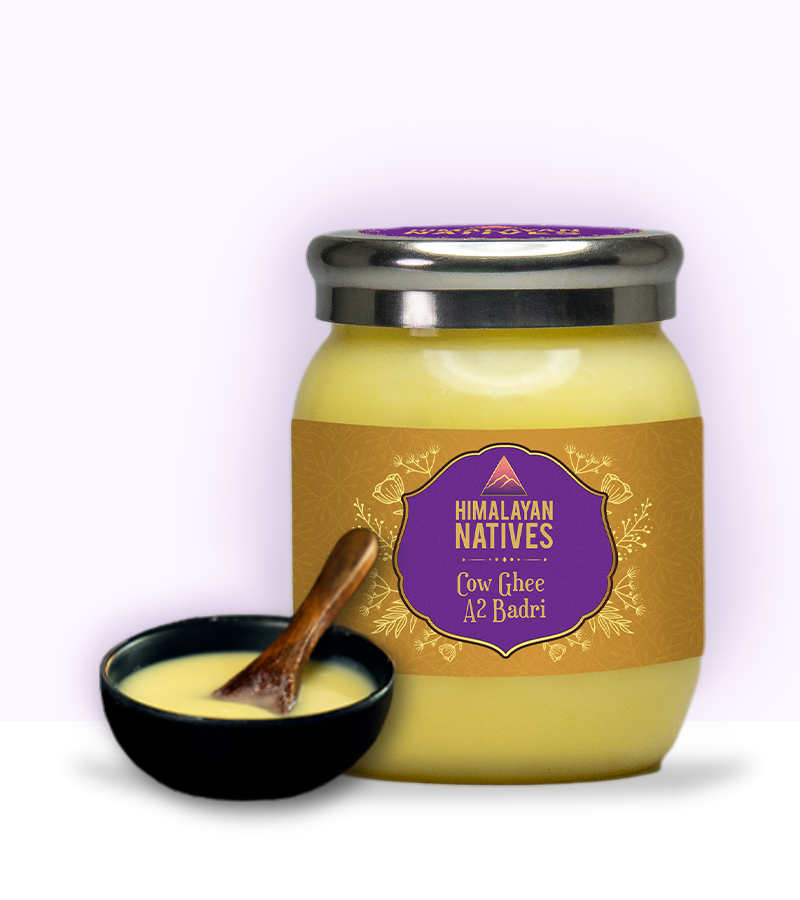
Refined oils
1. Refined oils are purified vegetable oils. Unlike pure ghee, vegetable oils are filtered with chemicals to remove suspended particles, toxic substances, flavor components, as well as color and odor, leaving clear and bland oil.
2. The refined oils have lesser toxins which may be found in a few vegetable oils, but, according to experts, they are loaded with chemicals as they are obtained after treating natural oils with various chemicals to make refined oils.
3. These oils are the equivalent of processed foods. And just like junk foods, they can be harmful to the digestive and respiratory systems. Refined oils have been linked to causing diabetes, heart and kidney ailments, among some other illnesses. Whereas, the consumption of ghee in moderate amounts helps reduce the risk of heart issues.
4. A chemical known as nickel is used in the refining process of vegetable oils. It also acts as a carcinogen agent i.e. it helps in the development of cancer. It is associated with adverse effects on the respiratory system, liver, and skin.
Given the above explanations, it is certainly clear that pure ghee is a healthier alternative to refined oils. Though, ghee should be used in moderation as it too consists of fats and calories. When shopping for ghee, always try to look for ghee that is pure and natural. Himalayan Natives ghee is 100% natural and unadulterated. It is free from chemicals and preservatives and does not require refrigeration.
 HELPFUL0 people found it helpful
HELPFUL0 people found it helpful
Related Blogs
Subscribe to Our Blogs
and never miss on the latest update!







